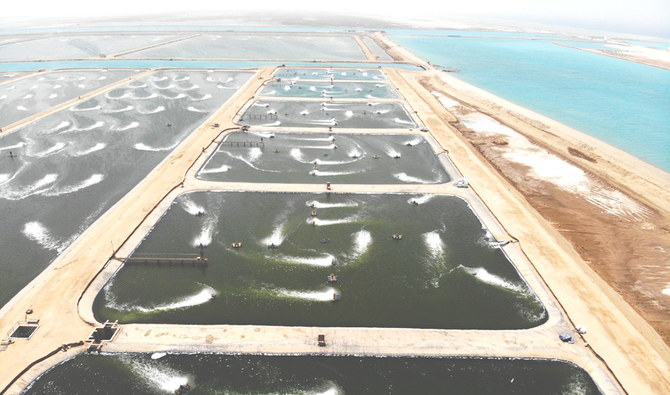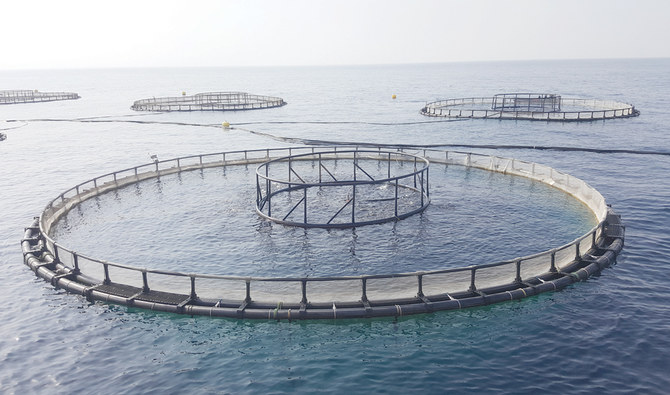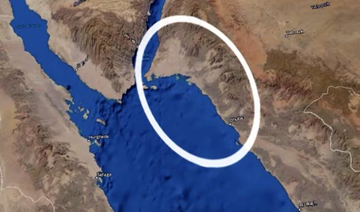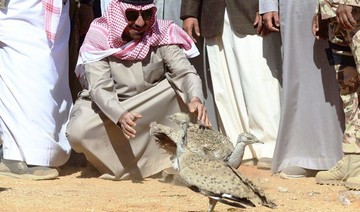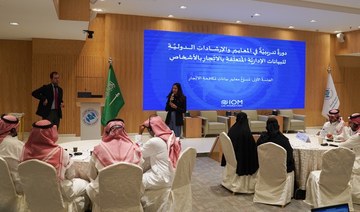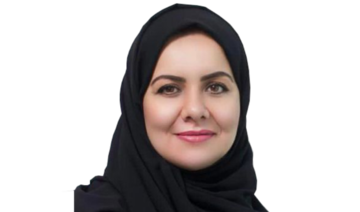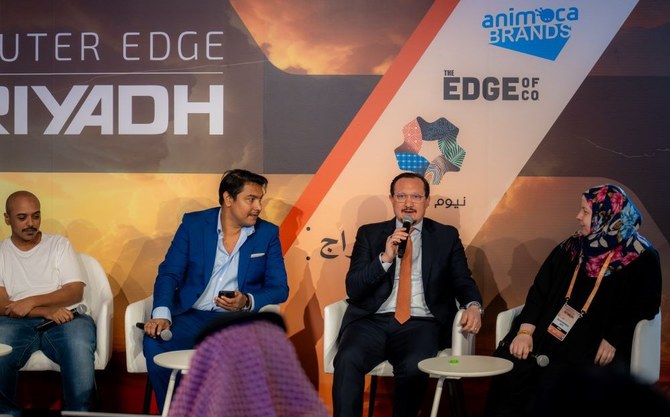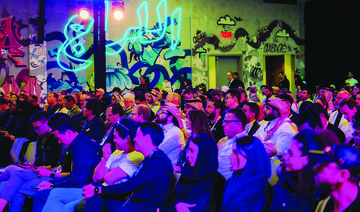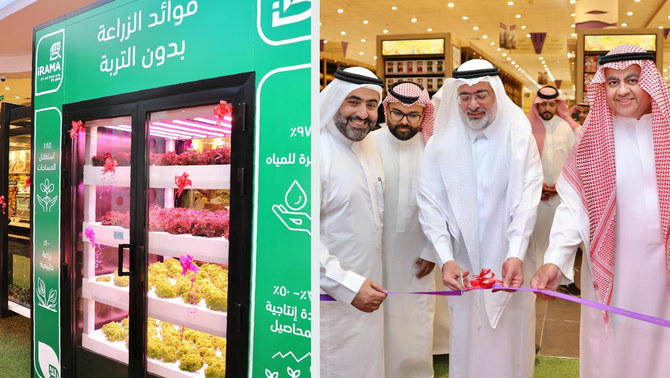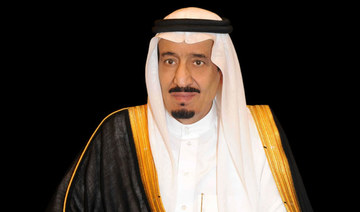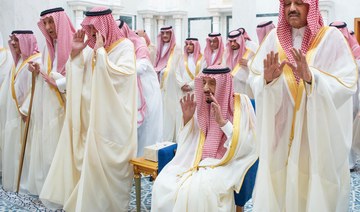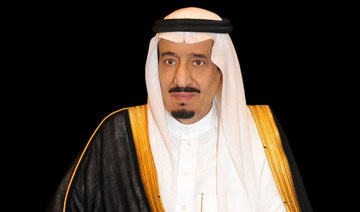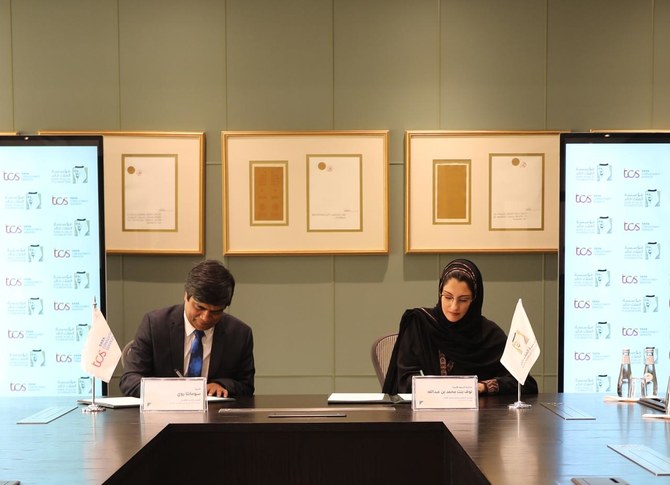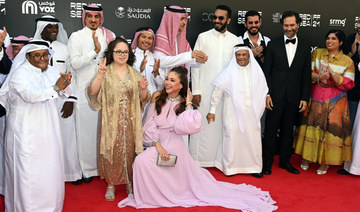RIYADH: Saudi fisheries chiefs are casting their nets far and wide in a bid to boost the Kingdom’s burgeoning multimillion-dollar aquaculture industry. Armed with a SR1.3 billion ($350 million) development fund, officials have drawn up ambitious plans aimed at making the country self-sufficient in seafood production while at the same time expanding markets abroad.
As part of a raft of initiatives designed to stimulate investment and growth in the domestic aquaculture sector, the Kingdom has set an annual production target of 600,000 tons by 2030.
Speaking exclusively to Arab News, Ali Al-Shaikhi, the CEO of the Saudi National Fisheries Development Program (NFDP), said: “Aquaculture in the Kingdom has steadily increased from a production level of 27,000 tons in 2016 to 77,000 tons in 2018.
“But it is important to understand that aquaculture is not a linear growth industry and there may be times when production is no higher than the year before.
“However, we believe the industry has the potential to provide food security and self-sufficiency for the nation and meet the growing demand for seafood in the Kingdom.”
To help achieve the sector’s ambitious growth targets, the Saudi Ministry of Environment, Water and Agriculture (MEWA) has drawn up a Vision 2030 fisheries development plan to be implemented by the NFDP office, said Al-Shaikhi.
The project will focus on key areas of the industry through initiatives to develop local markets and products, schemes to support aquaculture infrastructure such as hatcheries and feed mills, plans to fund research and development programs to improve productivity of existing species, and studies into production techniques of new species.
“We are also working with local universities to ensure that the industry’s growing demand for workers is met with local talent,” the chief executive added.
Working with the private sector the program aims to help hit the 600,000 tons target by 2030. Al-Shaikhi said the NFDP had a dedicated budget of SR1.3 billion through to 2021-22 to help fund various initiatives.
INNUMBERS
200,000 - The average amount of seafood imported over the last three years is more than 200,000 tons, which is worth around SR2.5 billion.
65,000 - Saudi Arabia’s seafood exports averaged around 65,000 tons with a trade value of up to SR1 billion.
SR1.3bn - The Saudi National Fisheries Development Program had a dedicated budget of SR1.3 billion through to 2021-22 to help fund various initiatives.
2,800km - Saudi Arabia’s 2,800km coastline offers huge potential for marine water aquaculture.
The Kingdom was rich with natural resources and its 2,800 km coastline offered huge potential for marine water aquaculture, he added, involving giant open cages in the sea to produce finfish or coastal ponds for rearing fish and shrimp.
There are currently 12 major companies carrying out marine and freshwater aquaculture in the Kingdom along its coastline from Tabuk to Jazan, with freshwater operations in the Riyadh region too.
The NFDP was working closely with stakeholders on investment and incentive schemes to further boost the sector.
“We are working on ready-to-invest packages that reduce the licensing lead time down to three months,” said Al-Shaikhi. “We’re also working with the Agricultural Development Fund (ADF) and the Saudi Industrial Development Fund (SIDF) to provide easier access to funding for aquaculture projects, with the SIDF looking to provide up to 75 percent funding for certain projects.”
The NFDP was also liaising with the Saudi Arabian General Investment Authority (SAGIA) to promote the industry to potential international investors by providing easier entry into the market, he added.
Local aquaculture products are being highlighted for their quality and sustainability through the SAMAQ certification and labeling program, and the NFDP was hoping to open up new export markets for Saudi producers into countries such as China and Russia.
Al-Shaikhi said: “We are also very proud of the fact that the Saudi Arabian aquaculture industry is able to produce caviar and a company called Caviar Court has been successful with this.
“We welcome diverse and unique aquaculture projects with special preference given to the introduction of new technologies in the industry with easier funding and loan options.
“We believe that the Red Sea holds the most potential for future aquaculture projects with its long coastline, ideal depths of between 25 to 50 meters near to shore, and adequate waves,” he added.
Al-Shaikhi said that the Kingdom had witnessed a significant rise in seafood consumption on last year, with increased imports of Norwegian salmon, as Saudis opted for healthier alternatives to chicken and meat.
“The average amount of seafood imported over the last three years is more than 200,000 tons, which is worth around SR2.5 billion, and the top exporters to Saudi Arabia are Thailand, the UAE, Oman, Indonesia and increasingly Norway,” he added.




